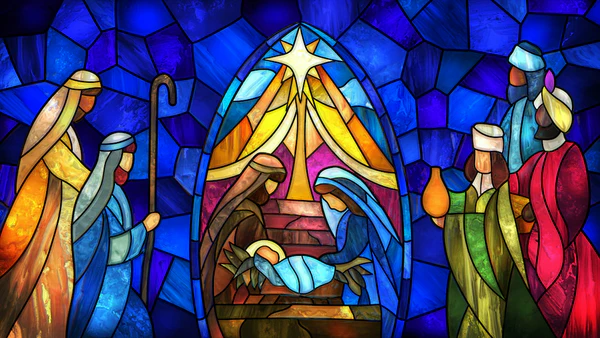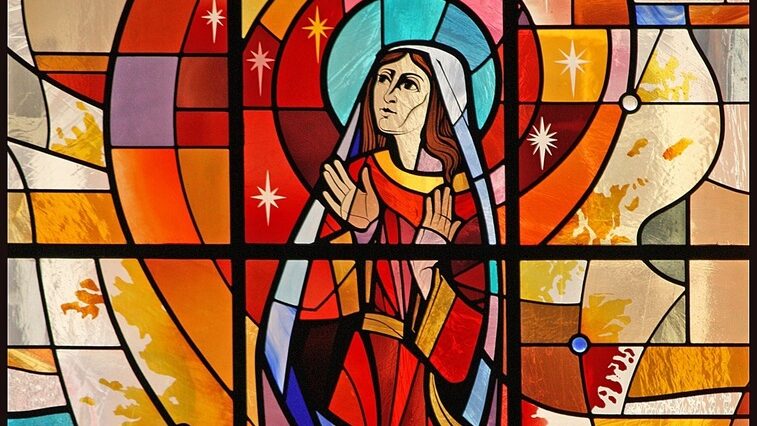There is a rumor going around that Jesus doesn’t much like the church. He is sort of annoyed with His bride, or outright disgusted by her. Some might even suggest a breakup. This perceived animosity has led people to the conclusion they can love Jesus and hate the church.
We have even come up with that new curse word, “churchianity.”
The idea is Christianity was about Christ, but churchianity has tainted it with the church. If you were really serious about Jesus, you wouldn’t be able to put up with church people.
Let’s let Jesus speak for himself on this topic.
Use of ecclesia
Before the Christian church even existed, Jesus spoke about it. He uses the word ecclesia (Gr. church) explicitly in two contexts: Matthew 16 and 18. Before we examine this, it is important to grasp how significant this is. This has even caused more liberal scholars to question whether these were later interpolations.
Matthew 16:13–20 is particularly important. At a key moment in His ministry, Jesus asks His disciples who people say He is. Some say a prophet, others Elijah, and still others John the Baptist back from the dead. Jesus turns the question on the disciples themselves: who do you say I am?
Simon Peter has a remarkable moment of clarity: “I say you are the Christ, the Son of the Living God. Jesus tells him that this insight was revealed by none other than God the Father.”
Jesus changed Simon’s name to Peter, and tells him upon this “rock,” He will build his ecclesia. In context, this can mean nothing other than the people of God composed of His followers throughout the ages. He qualifies the church as that which the gates of hades will not prevail against. The church will advance throughout the world, opening wide hell’s gates everywhere it goes. Jesus gives the keys of the Kingdom to bind and loose on earth what has been bound or loosed in heaven. It is undoubtedly a climactic moment in the ministry of Jesus in which He reveals the whole purpose of His life, death and resurrection: for His church!
The second ecclesia passage is Matthew 18:15–20. Here Jesus spells out the responsibility of the church’s binding and loosing. If a brother sins against you, go show him his fault just between the two of you.
If there is no repentance, bring witnesses (the witnesses might also conclude that the accuser is mistaken). If there is still no repentance, bring it to the ecclesia. The church then acts as heaven’s emissary. If there is still no repentance, the individual is treated as a Gentile or tax collector, not meaning he or she is hated but rather not recognized as part of the Kingdom. Assumedly, if there is true repentance, the church declares his or her forgiveness.
It is in this context we get the familiar promise: “Again I say to you, if two of you agree on earth about anything they ask, it will be done for them by my Father in heaven. For where two or three are gathered in my name, there am I among them” (Matt 18:19–20). This unique presence of God with His people is reserved for the context of ecclesia.
Beyond ecclesia
Even this is too minimizing of Jesus’ love for and emphasis on the church.
Simply examining when Jesus uses the word ecclesia does not exhaust His teaching on the church. One could argue that His entire ministry was about the church: calling His disciples to be brothers, teaching them to love one another as servants, infusing passover with new eucharistic meaning, and commissioning His followers to baptize. These were all ways to prepare them for what was to come.
The Apostle Paul “persecuted the church of God” (1 Cor 15:9) until one day the resurrected Jesus appeared to him on the road to Damascus and declared, “Saul, Saul why are you persecuting me?” Paul likely never met Jesus before this. Yet, Jesus so identifies Himself with His church that to persecute the church is to persecute Jesus Himself. Jesus is united to His church.
The New Testament ends as it began, with Jesus building His ecclesia. The Book of Revelation as a whole is addressed to churches, “John, to the seven churches that are in Asia” (Rev 1:4). These are not amorphous Christian gatherings, but local church assemblies in Ephesus, Smyrna, Pergamum, Thyatira, Sardis, Philadelphia and Laodicea. Local churches are not just the prelude to the Apocalypse, the entire Book is “for the churches” (Rev 22:16).
Jesus loves His Bride
I love my wife. It is safe to say that if you don’t like my wife, we won’t be friends. I won’t hate you, but she is such a part of my life that I can’t imagine being close to someone who has no interest in her. Of course, you are much more likely to like her than me, but that is beside my point. The church is the bride of Christ (Eph 5:32; Rev 19:7). He loves her. He adores her in all her current imperfections. He would never abandon or forsake her.
The current trend of setting Jesus against the church says nothing about Jesus and a lot about the state of Christianity today.
It lacks biblical literacy.
It is theologically impoverished.
More than that, it lacks spiritual vitality and is devotionally impoverished.
There is no clear path to revival apart from Christ’s bride. Christian bestsellers, robust seminary enrollment, and megaconferences won’t get us there. The means of grace towards renewal runs through the church of Jesus.
EDITOR’S NOTE — This story was written by Rick Harrington and originally published by Baptist Churches of New England.






